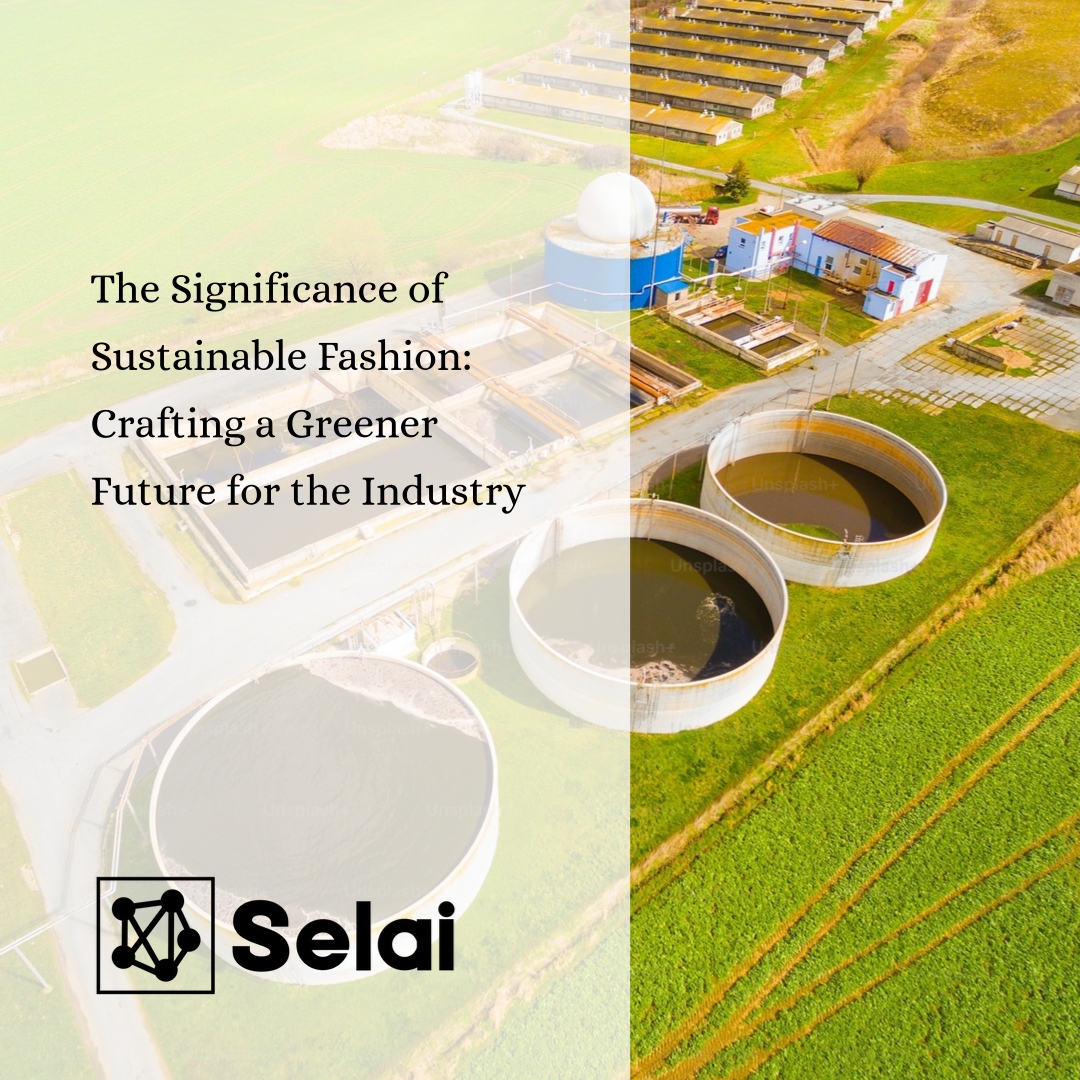
In an era marked by heightened awareness of environmental issues and a growing concern for the planet’s well-being, the concept of sustainable fashion has emerged as a beacon of hope within the realm of style and consumerism. While the fashion industry has long been associated with glamour, innovation, and self-expression, it has also garnered criticism for its environmental and ethical impact. Sustainable fashion offers a paradigm shift, fostering a more responsible approach that not only addresses these concerns but also paves the way for a more conscientious and harmonious industry.
Environmental Conservation
One of the most pressing reasons for the rise of sustainable fashion is the dire need to mitigate the fashion industry’s detrimental impact on the environment. The traditional fashion supply chain, characterized by excessive resource consumption, high levels of waste, and carbon emissions, poses a significant threat to ecosystems and the planet’s delicate balance. Sustainable fashion seeks to minimize this damage by adopting eco-friendly practices, such as using organic and recycled materials, reducing water usage, and employing energy-efficient manufacturing processes.
Reduction of Waste
Fast fashion, with its emphasis on rapid production and disposal of clothing, has contributed to a staggering amount of textile waste. Landfills overflow with discarded garments made from non-biodegradable materials, polluting the soil and water. Sustainable fashion champions a circular economy, encouraging the design of durable, repairable, and recyclable clothing. This approach not only reduces waste but also extends the lifespan of clothing items, ultimately lessening the demand for new production and minimizing the industry’s overall environmental footprint.
Ethical Labor Practices
Beyond environmental concerns, the fashion industry has faced scrutiny for exploitative labor practices prevalent in many manufacturing hubs. Reports of low wages, poor working conditions, and even child labor have tarnished the industry’s image. Sustainable fashion places a strong emphasis on ethical labor practices, promoting fair wages, safe working environments, and respect for human rights throughout the supply chain. Brands that embrace sustainability commit to transparency, ensuring that consumers are aware of the conditions under which their clothing is produced.
Promotion of Innovation
Sustainable fashion isn’t just about minimizing negative impacts—it also fosters innovation within the industry. Designers are challenged to create fashion-forward pieces using unconventional materials and production methods. This drive for innovation has led to breakthroughs in sustainable textiles, from lab-grown leather to fabrics made from agricultural waste. By pushing the boundaries of creativity and technology, sustainable fashion is reshaping the industry’s landscape and inspiring new ways of thinking about clothing design and manufacturing.
Consumer Empowerment
As consumers become more informed about the consequences of their purchasing choices, their demand for ethical and sustainable products increases. Sustainable fashion empowers consumers by providing them with the tools to make conscious decisions. By supporting brands that align with their values, consumers send a powerful message to the industry, encouraging more brands to adopt sustainable practices. This shift in consumer behavior not only influences the market but also encourages companies to adopt greener practices to remain relevant and competitive.
Collective Responsibility for a Better Future
The concept of sustainable fashion extends beyond individual choices—it signifies a collective responsibility to reshape an industry that wields immense influence over culture and consumption. Fashion is a reflection of society’s values, and by embracing sustainability, the industry can help shape a more equitable, compassionate, and environmentally conscious world. Through collaboration among designers, manufacturers, consumers, and policymakers, the fashion industry can set an example for other sectors and contribute to global efforts to combat climate change and promote social justice.
The rise of sustainable fashion is not merely a passing trend; it’s a fundamental shift that holds the potential to transform an industry deeply entwined with modern culture and consumerism. By addressing environmental concerns, reducing waste, promoting ethical labor practices, fostering innovation, and empowering consumers, sustainable fashion emerges as a catalyst for positive change. Its significance lies not only in its potential to redefine style but also in its capacity to inspire a more sustainable and responsible way of living for the benefit of current and future generations.
